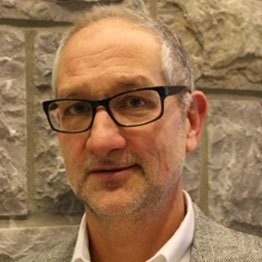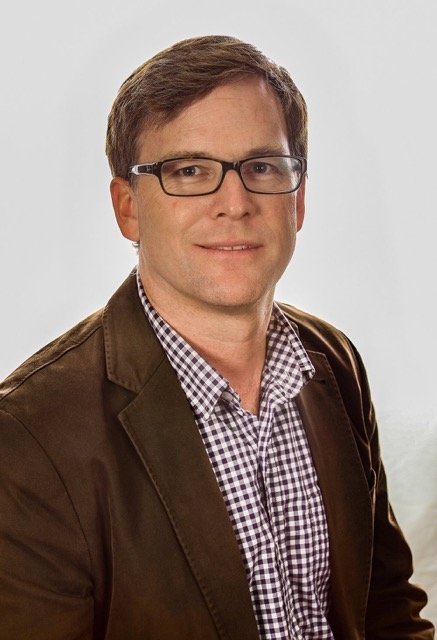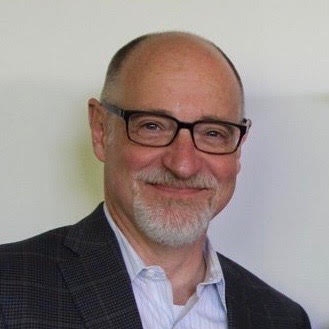Leadership: it’s wicked important, according to new book by CLiGS faculty
August 4, 2020

By Lindsay Key
Climate change, habitat loss, carbon emissions, and water security are “people problems, not environmental problems,” according to faculty members and leaders at Virginia Tech’s Center for Leadership in Global Sustainability (CLiGS). “And that makes them wicked.”
“Many of the people who need to be coordinated to address these complicated issues have no idea they are connected,” said Dr. Bruce Hull, a professor of sustainability at Virginia Tech. “They live in different regions, work in different organizations, and have very different values and views.”

That’s why leadership skills—such as the abilities to build consensus and to use diversity to identify unique solutions—will be essential to solving the wicked environmental problems that we face in the 21st century, said Hull.
To promote education and awareness of these important skills within the field of natural resources, three CLiGS faculty members—Hull, Dr. Michael Mortimer, and Dr. David Robertson—banded together to co-author a book, Leadership for Sustainability: Strategies for Tackling Wicked Problems, published by Island Press this summer and slated to be released in the fall. (The book can also be found on Amazon and Goodreads, where it’s available for preorder.)
The book’s intended audience is diverse and includes students and professionals from all walks of life, including academia, government, non-governmental organizations, and the private sector. Writing in a “storybook” format, the authors offer real-world examples of how professionals across all sectors have used leadership skills to have a major impact on big issues, like climate change and water security.
“Bruce, Michael, and I have worked together for more than a decade to develop and deliver innovative graduate education programs for sustainability professionals. Our goal has always been to educate, inspire, and empower people to change the world for the better, and we have been fortunate to train hundreds of professionals to be more effective sustainability leaders,” said Robertson, Associate Director and Senior Fellow of CLiGS. Robertson also directs the Executive Master of Natural Resources (XMNR) program. “This book shares many of the insights and lessons we have learned, and many of the topics we teach in our programs.”

While working together over the years, Mortimer, Robertson, and Hull have gradually introduced more and more leadership training into the curriculum for students in the CLiGS Online Master of Natural Resources (OMNR) and XMNR programs.
Mortimer, Founding Director of CLiGS, said the book’s message is especially important in light of recent national and international crises. “The COVID pandemic highlights the deep polarization and politicization, disregard for salient facts, distrust of established expertise, and rampant individualism that also frames so many of today’s environmental challenges,” he said. “The demand for leadership that can understand that landscape and work across those divides is perhaps greater than ever."

Despite the grave challenges faced in natural resources management and within society, Hull hopes that the book inspires a sense of hope and personal empowerment in its readers. “We can all have influence. Don’t just leave leadership to those in the corner offices,” said Hull. “What we argue is that everybody can lead from where they are to meaningfully promote sustainable development.”


